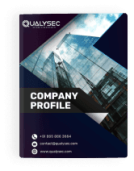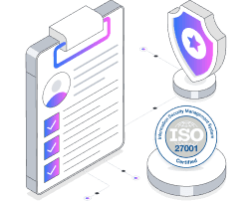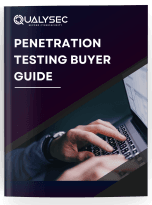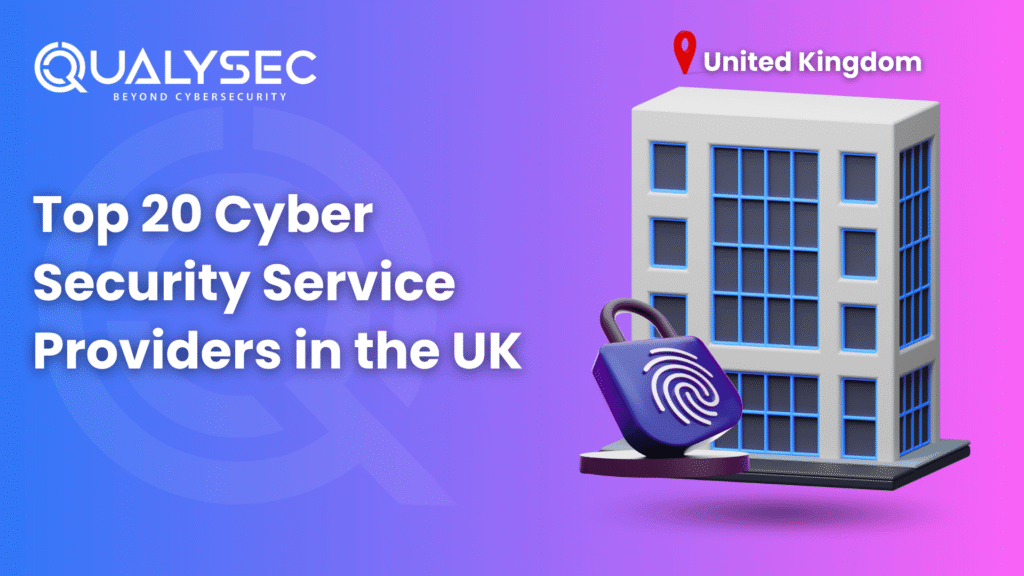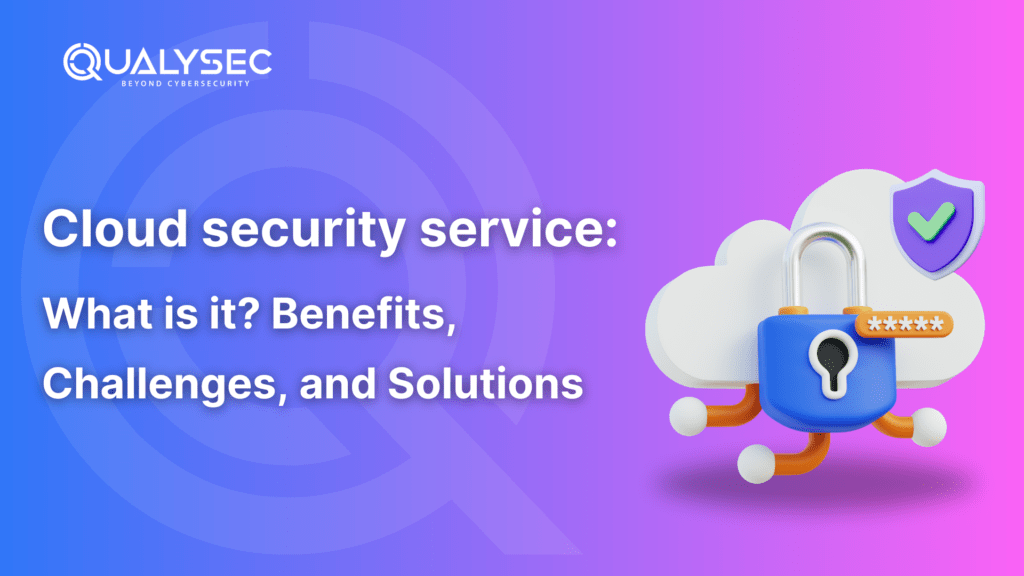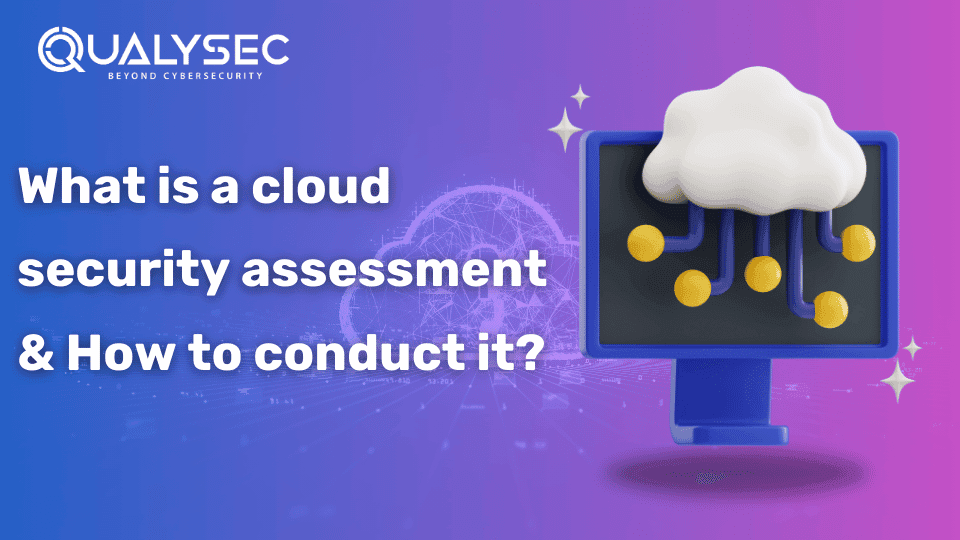Top 20 Cyber Security Service Providers in the UK
Cyber security is no longer an afterthought—it’s a business imperative. With ransomware, data breaches, and state-sponsored cyber attacks on the rise, UK cybersecurity companies are investing heavily in state-of-the-art cybersecurity services to safeguard their digital assets. As a new business or an established multinational, having a suitable cyber security company by your side can be a game-changer. Here’s a specially curated list of the 20 best cyber security service providers in UK that offer simply great protection, regulatory guidance, and technology innovation. Why Finding the Right Cybersecurity Partner Is So Crucial The UK is faced with a more fragmented set of cyber threats. From phishing remote employees to state-sponsored breaches into life-critical systems, the battle is now highly advanced. Returning to relying on internal IT assets or old software is no longer adequate. Choosing a suitable cyber security service providers involves: With cyber-attacks already running UK businesses billions of pounds annually, recruiting a star and vision-led cybersecurity partner is one of the most strategic steps you can take. Top Cyber Security Service Providers in UK As cyber attacks get more complex and regulatory environments (including GDPR and the NIS Regulations) become tougher, the need for trustworthy cybersecurity service providers in the UK keeps growing. From managed security services to exclusive penetration testing, companies are progressively looking for proactive cybersecurity solutions that provide strong defense. 1. Qualysec Specialties: Penetration Testing, Vulnerability Assessment, Compliance, Security Consulting Qualysec is one of the fast-growing cybersecurity companies that provide very technical and customized security testing solutions to start-ups, business firms, as well as government agencies in the UK. With a keen focus on manual pen testing, they are equipped with the ability to discover complex vulnerabilities that automated testing tools cannot identify. Key Services: Qualysec’s customer-driven methodology ensures actionable advice and remediation guidance—not reports. Without false positives and real-time turnaround, Qualysec is changing cybersecurity service quality. Want to see a real pentesting report? Download one here now! Latest Penetration Testing Report Download 2. Darktrace Specialties: Autonomous Response, AI-powered Threat Detection Darktrace, launched in 2013 by AI and cyber security experts in united kingdom, utilizes self-evolving AI to detect and respond to real-time cyber threats. Their ActiveAI Security Platform provides end-to-end security within cloud, email, network, and OT environments. 3. NCC Group Specialties: Cybersecurity Consulting, Software Escrow, Managed Services NCC Group is a worldwide cyber resilience expert that offers penetration testing, risk management, and compliance. With over 15,000 global customers, it has a clientele from diverse sectors such as finance, healthcare, and government. 4. BAE Systems Applied Intelligence Specialties: Threat Intelligence, Data Analytics, Cyber Defense A BAE Systems subsidiary, this business sells premium cybersecurity solutions, like threat detection and prevention, to large corporations and governments. The solutions are built on the security needs of the military. 5. Sophos Specialties: Endpoint Protection, Network Security, Managed Detection and Response Sophos boasts a broad range of cyber security solution providers in uk from antivirus, firewall, and encryption to more converged security solutions. It was acquired by Thoma Bravo in 2020 but has remained committed to its quest for innovation through offering converged security solutions. 6. BT Security Specialties: Network Security, Threat Intelligence, Managed Security Services As a subsidiary of British Telecom, BT Security provides end-to-end cybersecurity solutions utilizing its large infrastructure network to provide threat detection, incident response, and risk management solutions. 7. Netcraft Specialties: Anti-Phishing, Cybercrime Disruption, Web Protection Netcraft is a leading global cloud security vendor of cybercrime detection and data breach disruption services. It offer cybersecurity as a service to different serves like large banks, governments, and technology companies worldwide. 8. SafeToNet Specialties: Artificial Intelligence-Based Threat Detection, Child Online Protection SafeToNet harnesses the capabilities of Artificial Intelligence and behavioral monitoring in protecting children from abuse and cyberbullying on the internet. Its services are designed to detect and inhibit threats in real time. 9. Clario Tech Specialties: Consumer Digital Protection, Privacy Protection, cloud security service Clario Tech provides easy-to-use consumer security software with a concentration on security and privacy for devices and platforms. Their products are designed to be used daily and are easy and strong to use. 10. Nexor Specialties: Defense Sector Security, Secure Information Exchange Nexor is one of the best cyber security firms in uk who provides high-assurance security solutions for safe data exchange, and their prime markets are defense and government. They provide safe data transfer and domain partitioning technology. 11. SenseOn Specialties: AI threat detection, artificial intelligence Cyber defense automation SenseOn offers a complete cybersecurity solution using AI to detect and respond to threats throughout the network, endpoints, and users. Their product is intended to simplify security operations and signal the end of alert fatigue. 12. Featurespace Specialties: Fraud detection, behavior analytics Featurespace uses adaptive behavior analytics to identify and prevent fraud in real time and offers services to industries like banking, insurance, and e-commerce via their ARIC Risk Hub platform. 13. Callsign Specialties: Identity Verification, Authentication Solutions One of cyber security service providers in uk Callsign provides AI-based identity verification and authentication solutions that enhance security and user experience for digital channels for a broad range of industries. 14. Intercede Specialties: Digital Identity, Credential Management Intercede is a technology firm offering digital identity solutions to ensure the safe management of credentials and authentication against data breaches and unauthorized access. 15. Adarma Specializations: Managed Security Services, Threat Detection Best cyber security company in uk Adarma offers managed security services like Security Operations Center (SOC) services and threat detection to various sectors to strengthen cyber resilience. 16. Becrypt Specializations: Secure Operating Systems, Endpoint Security Becrypt designs secure operating systems and endpoint security solutions, primarily for government and public sector clients with high-assurance security requirements. 17. Ripjar Specializations: Data Intelligence, Threat Analysis Ripjar a local cyber security companies in uk offers data intelligence solutions driven by the power of machine learning and data analytics to detect threats and manage risks, primarily for finance and security. 18. Cylon (Now Seedcamp) Expertise: Cybersecurity Accelerator, Startup Support Seedcamp from this
